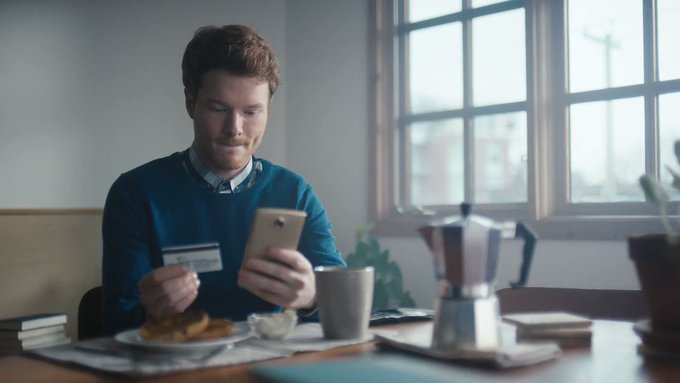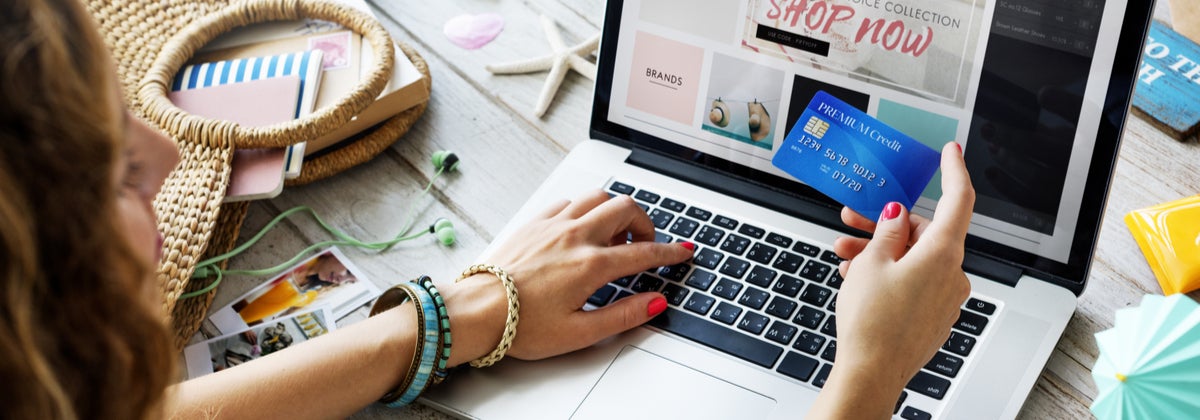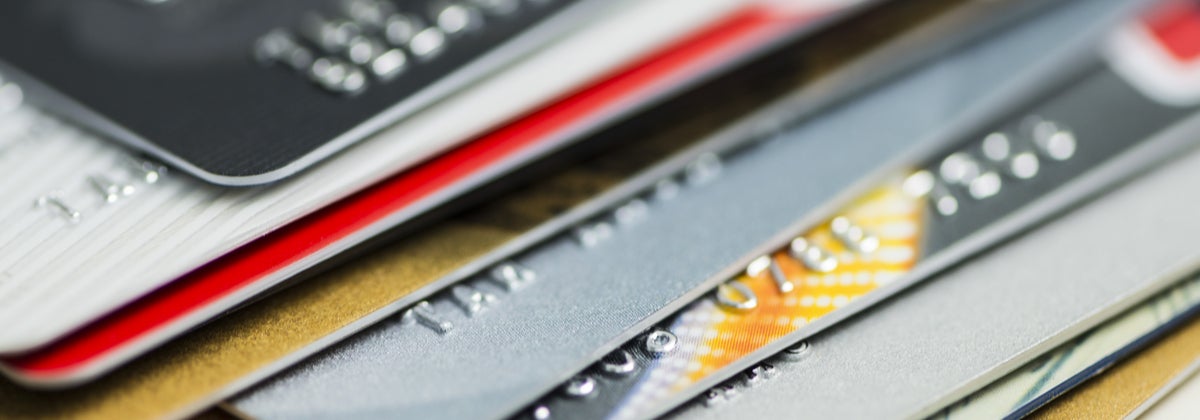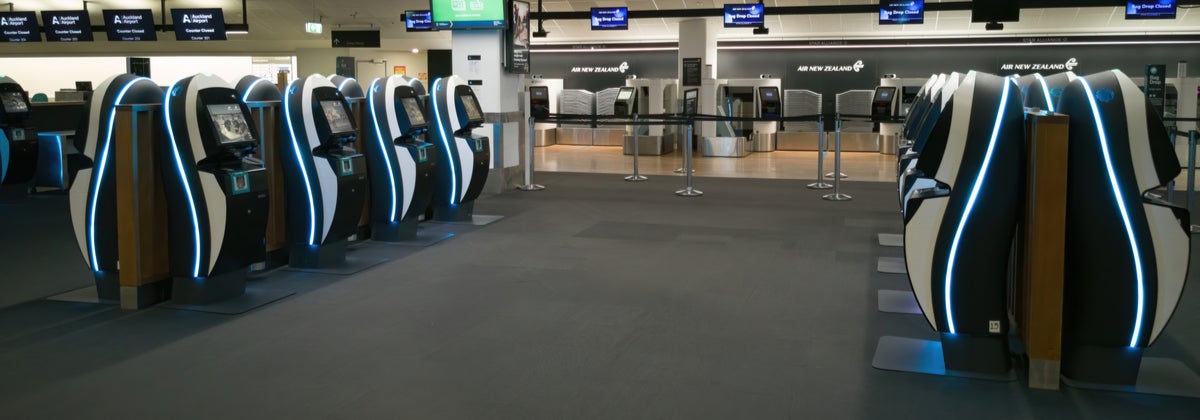Handing over payment information online can sometimes be risky. There are often major concerns around cyber security and theft of private details or money. With more transactions being made online every year, the question often lingers: what’s the best way to pay?
The convenience of shopping online is appealing to many avid shoppers. Whether it’s for clothes or a grocery order, nothing beats having everything delivered straight to your door. But do you always consider the security risks of entering your payment details on the web?
Credit cards and PayPal are certainly some of the most popular options for payment when online shopping, but which is better? Here are some of the pros and cons of using either a credit card or your PayPal account to make online payments. We’ll let you decide which is right for you.
Compare credit cards with Canstar
Is it better to use a credit card for online purchases?
When deciding if you should use a credit card to make online purchases, it’s a good idea to consider some of the pros and cons of this payment method.
What are the pros?
- Credit cards are generally a more secure alternative to using a debit card; you can easily lock or cancel your card if your details are stolen. The credit card is also often covered by a form of fraud protection, plus hackers only have access to your credit limit, not your entire life savings.
- Credit card lenders actively look for suspicious fraudulent transactions on your card and you can easily query transactions you don’t recognise.
- Microchipping, PIN numbers and CVV combined make your card pretty secure.
- You can make the most of your credit card by using it to make online purchases. If you’re using your card for purchases, but struggle to pay it off on time, a low or no interest fee card could be a good idea. There are also rewards credit cards, which might be a good choice if you regularly pay off your amount owing on time as online shopping could help you earn more points.
What are the cons?
- Probably the most significant con for using a credit card online is that there has been a considerable increase in online credit card fraud as online payment activity has increased.
- Having to re-enter your credit card details at various checkouts online can be a bit of a hassle. But while it might seem convenient when you are prompted by your internet browser to save the card details for next time, that might not a good idea considering stored information could make it easier for potential hackers to get to your money and private details. For more on this topic, read our story Is It Safe to Save My Credit Card Details on Shopping Websites?
Is it better to use PayPal for online purchases?
PayPal is pretty convenient and easy to navigate, but if you’re worried about the security of using this online payment system, it’s a good idea to consider some of the following pros and cons.
What are the pros?
- PayPal is convenient – all your payment information is stored on your account so you don’t have to enter card details every time you pay.
- Your financial details and transactions are encrypted and monitored to help prevent fraud and identity theft. If you are concerned something might have gone wrong on your account, simply report it to PayPal and it will handle any unauthorised transactions.
- PayPal says there are regular updates to its systems to help block external threats.
- If your eligible PayPal purchase doesn’t arrive or is significantly different to the seller’s description, you have Buyer Protection. According to PayPal, it can reimburse you for the full price of your item.
- If you link a rewards credit card to your PayPal account, you can still redeem points with most cards on PayPal purchases. Using a credit card in PayPal is generally a good idea, anyway, because you gain an extra layer of protection with your credit card’s fraud protection.
- PayPal is a large, worldwide payments system and, as such, is liable to many threats from online hackers. In 2014 the payments company’s vulnerabilities were put under the spotlight when researchers in the United States were able to hack into PayPal. To stay secure, PayPal recommends watching out for hoax websites, phishing emails and scammers.
- If you have all your login details saved and pre-filled on your computer or mobile device, it could make it easier for someone to log in and take advantage of the bank and card details stored on your account.
Compare Credit Cards with Canstar
If you’re currently comparing credit cards, the comparison table below displays some of the cash-back rewards credit cards currently available on Canstar’s database for Kiwis looking to spend around $2000 per month (some may have links to providers’ websites). The products are sorted by Star Rating (highest to lowest), followed by provider name (alphabetical). Use Canstar’s credit card comparison selector to view a wider range of credit cards. Canstar may earn a fee for referrals.
Tips for staying safe online
Whether you are using a credit card or your PayPal account to make online purchases, you still need to be aware of how to keep your private information secure on the web. Check out these tips for staying safe online:
- Only buy from reputable websites and online retailers. Look out for the padlock symbol and “https” at the start of the web address (“s” stands for secure).
- Double check all details of your purchase before confirming the payment.
- Always make sure to log out of sites from which you’ve made a purchase, because simply closing the browser is not enough to protect your information.
- Keep an eye on your bank and credit card statements regularly to check for any suspicious transactions.
- Make sure the antivirus software on your computer is up to date.
- Watch out for phishing emails. Generic greetings like “Dear user”, odd-looking logos, strange statements, bad spelling and requests for private or financial details should all be considered red flags. PayPal, in particular, has a big focus on warning its customers about the dangers of phishing emails and have an email inbox set up specifically for concerns about fake PayPal emails.
- Watch out for scams – if anything seems too good to be true, it probably is.
- Report potential fraud, unauthorised account activity or fake emails to your financial institution or PayPal.
- Always use strong passwords. Most people are pretty lazy with their passwords. The more generic your password is, the easier it is for hackers to gain access to your accounts.
- Switching your phone? Make sure to completely delete all your mobile banking apps, PayPal app and data before getting rid of your old phone.
Compare credit cards with Canstar
Enjoy reading this article?
You can like us on Facebook and get social, or sign up to receive more news like this straight to your inbox.
By subscribing you agree to the Canstar Privacy Policy





Share this article